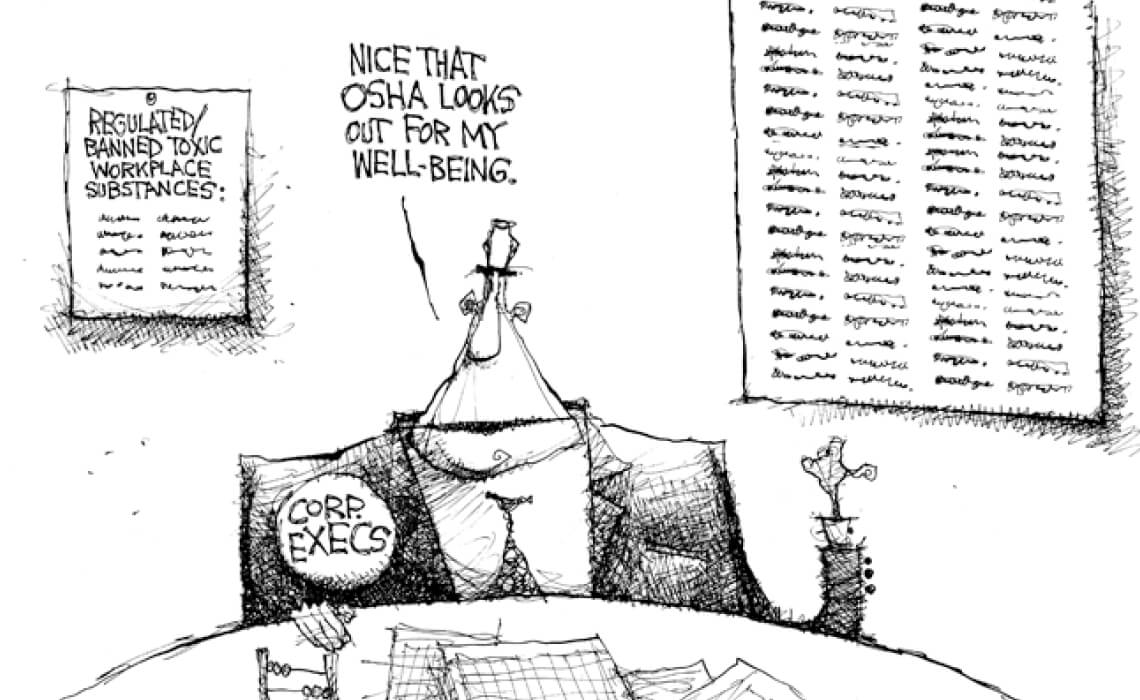Original reporting

Robin Hood, nearing European victories, still struggling to awaken in the U.S.
A "Robin Hood" tax, a small fee on stock, bond, and derivative transactions, is likely to be enacted soon by several EU countries, including Germany and France, with the backing of high-profile, center-right political leaders. But in the U.S., support is only just developing. Those favoring a financial transaction (FTT) believe that an FTT would help generate the revenue needed to protect and expand government programs — and to deter what it considers the destabilizing and unproductive role of "high-frequency trading." Thus far, despite the introduction of several bills that would impose an FTT, a majority of national Democrats have stayed silent on the issue.
What ever happened to “I think I can”?
The Cuomo administration says it is “on track to the rail system of the future,” but but the speediest options — true high-speed rail service — have already been ruled out. The remaining options won’t go all that fast, abandoning the potential benefits that some say true high-speed rail would bring to New York.
Health insurance maze a major financial burden on hospitals, doctors, businesses
Annual costs related to billing and insurance estimated to exceed $400 billion.
The relentless push to bleed Legal Services dry
With LSC funding effectively 70 percent lower than it was in 1981, the program is unable to meet critical needs of lower-income families.
Leaving the picket fence behind
Though engaging marketing has shifted consumer preferences on a range of products, people tend to think that preferences for traditional suburban neighborhoods are set in stone. Advertisers say they’re wrong.
States to residents, localities: forget promises to restore funding
Despite the fact that revenues in many states are recovering, budget cuts that were once described as undesirable but unavoidable are being left in place (or even exacerbated) as numerous state legislatures opt to double down on tax cuts.
Two-tier morality? Catholic Bishops' anti-poverty advocacy lags
In U.S., less political muscle expended on battling structural causes of poverty than on fighting “intrinsic evils.”
Demonstrators beware: you won't be seen or heard
Cities’ use of “spatial tactics” such as exclusion zones at upcoming political conventions and NATO summit risks muffling dissent, critics say.
What about bending the quality curve?
Health care experts said that, by focusing narrowly on reducing costs, policy makers may be neglecting the broader potential of health technology to improve the quality of care.
What if pension funds grabbed the reins?
U.S. pension funds could play a powerful role in shaping financial markets. But they tend to act more like passive customers than dealmakers.
Mainstream economists on the defensive
Do economics departments exclude diverse perspectives and fail to foster critical thinking skills? A dozen prominent economists confront the charge.